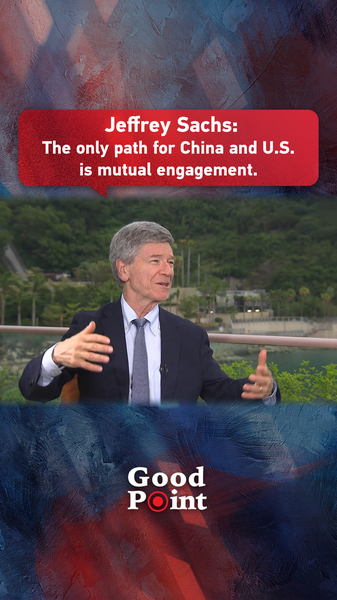In a recent interview, American economist Jeffrey Sachs highlighted a simple yet powerful idea: the United States and the Chinese mainland must pursue mutual engagement to uncover shared interests and build lasting trust. He argues that routine dialogue between government officials should be just the beginning.
“True cooperation,” Sachs says, “thrives when students, scholars, athletes and tourists connect directly.” He envisions people-to-people exchanges becoming the lifeblood of bilateral ties—from semester-long study programs in the Chinese mainland to joint research projects across top universities.
For young global citizens, this means more opportunities to gain firsthand experience abroad. Entrepreneurs and business enthusiasts stand to benefit from deeper market insights, while thought leaders and changemakers can forge transnational networks to tackle issues like climate change and human rights.
Data shows that when students study overseas, diplomatic tensions often ease. While exact figures vary, the surge in cross-border academic programs underscores the appetite for cultural immersion. Sachs believes that a single semester abroad can lay the groundwork for a lifetime of cooperation.
Sports and entertainment fans could also play a role. Joint athletic events and cultural festivals provide neutral ground where competition and camaraderie coexist, challenging narratives of rivalry. Travelers and digital nomads, too, can become informal ambassadors, sharing authentic experiences from both sides of the Pacific.
In Sachs’s vision, mutual engagement isn’t a one-off summit or a headline-grabbing speech. It’s an everyday commitment—an ongoing conversation that transforms strangers into partners. If the United States and the Chinese mainland embrace this approach, they may unlock a more stable, prosperous future for the entire globe.
Reference(s):
Jeffrey Sachs: The only path for China, U.S. is mutual engagement
cgtn.com




